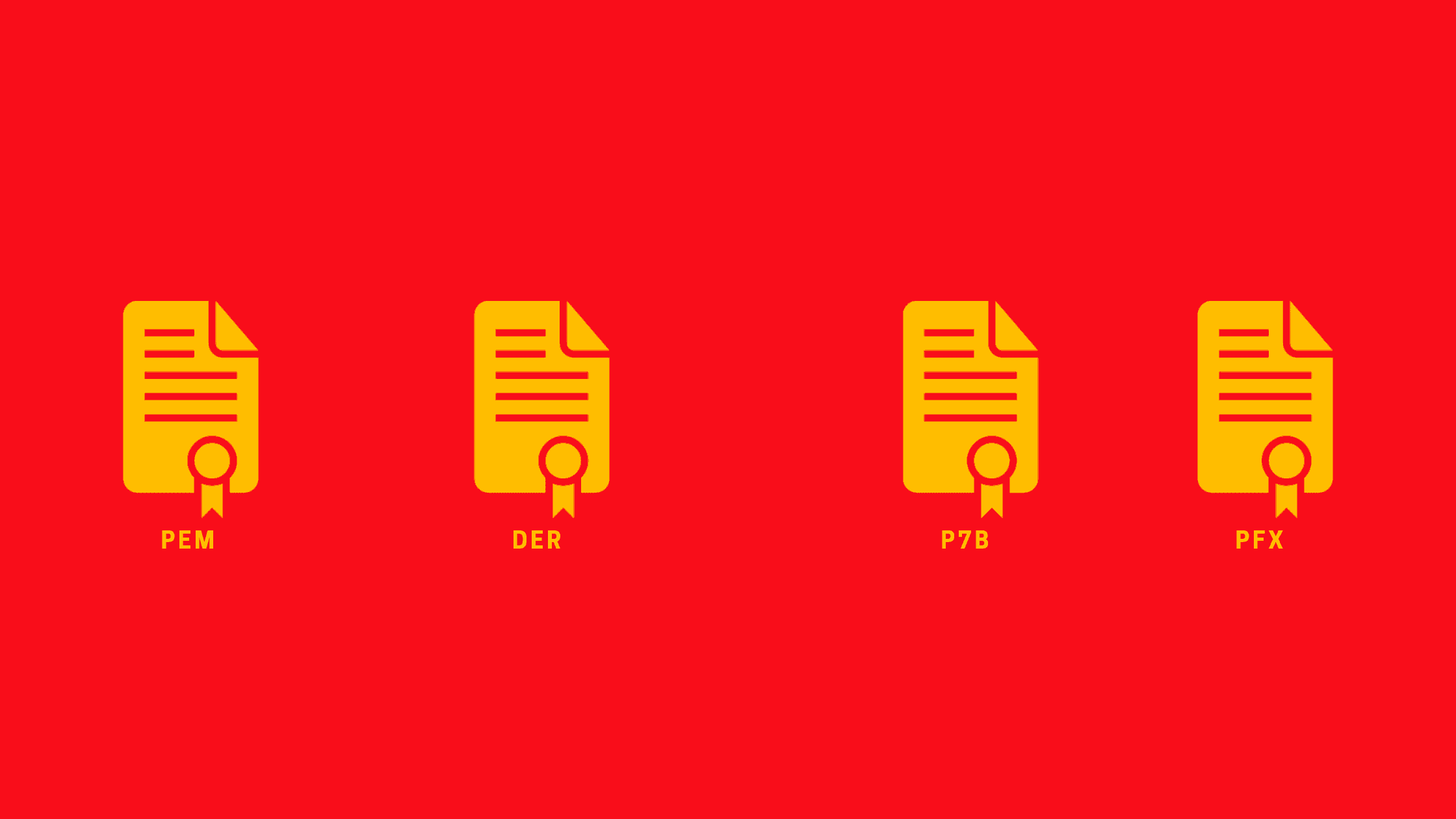Table of Contents
What Are The Different Types Of Certificate Formats?
Digital certificates can be used for a variety of purposes. They can be used to secure website connections, to encrypt email messages, or to verify the identity of a user. Choosing the right type of certificate format is necessary to ensure that your data is safe and secure. When it comes to the different types of certificate formats available, it’s important to choose the right one for your needs. Choose a certificate format that is compatible with your operating system and that offers the level of security that you need. Consider the different features and benefits of each type of certificate format before making a decision. After you have decided on the certificate, you need
Different Types Of Certificate Formats:
There are a few different types of certificate formats that can be used for digital certificates. The most common format is the X.509 format, which is a standardized format that is often used for Internet security. Other formats include PGP, OpenPGP, and S/MIME. Each of these formats has its own advantages and disadvantages, so it’s important to choose the right one for your needs.
X.509 certificates: X.509 certificates are the most common type of digital certificate. They are often used for website security and for email encryption. X.509 certificates can be issued by either a trusted third party or by a company or organization.
PGP and OpenPGP Certificates: PGP and OpenPGP are two other types of digital certificates. PGP is a proprietary format that is owned by Symantec. OpenPGP is an open standard that is managed by the IETF. S/MIME is another type of digital certificate that is often used for email encryption.
Different Types Of X.509 Certificate Formats And Extensions:
There are several encoding formats and extensions in X.509 certificate alone. You may have seen certificates in .pem, .crt, .p7b, .der, pfx, and so many. If we ask if all the extensions are the same, the answer is both yes and no. All these certificates are the same but with different encoding standards. All that depends on the type of encoding your application, or operating system accepts.
We have created a tree of different types of certificate formats that clearly talks about which formats are binary and which ones are base64 encoded. It is more often to see .pem, .der, .p7b, and .pfx encoding formats in digital certificates. Let’s learn more about these four standards.
PEM
Privacy Enhanced Mail is the most common type of X.509 certificate format and is most likely used in Unix/Linux-based operating systems. It is a Base64-encoded DER certificate. Since PEM is encoded in readable characters, it can be read using any text editor. This is the format most of the Certificate Authorities issue certificates with .pem, .crt, .cer, or .key extensions. PEM certificates can be used with Apache, Microsoft IIS, and other web servers. It is possible to bundle the server certificate, the intermediate certificate, and the private key within a single PEM certificate. Or you can have all of them in a separate file.
DER
Distinguished Encoding Rule is a binary form of a PEM certificate. DER certificates are often used in Windows and with Java-based web servers. This format is barely seen used in Linux-based operating systems. So, you can choose this if you need the certificate for your Windows servers.
P7B (PKCS#7)
This is a format that can be used to store multiple chain certificates. However, unlike PEM, it doesn’t store a private key. PKCS#7 certificates can be used with Apache, Microsoft IIS, and other web servers.
PFX (PKCS#12)
Personal Information Exchange is a format that can be used to store multiple private keys and certificates like PEM. However, the difference is that PFX is a password-protected container. PKCS#12 certificates can be used with Apache, Microsoft IIS, and other web servers.
We hope this post would help you know What the Different Types of Certificate Formats and their extensions Are. Please share this post and help to secure the digital world. Visit our social media page on Facebook, LinkedIn, Twitter, Telegram, Tumblr, Medium & Instagram and subscribe to receive updates like this.
Arun KL
Arun KL is a cybersecurity professional with 15+ years of experience in IT infrastructure, cloud security, vulnerability management, Penetration Testing, security operations, and incident response. He is adept at designing and implementing robust security solutions to safeguard systems and data. Arun holds multiple industry certifications including CCNA, CCNA Security, RHCE, CEH, and AWS Security.
